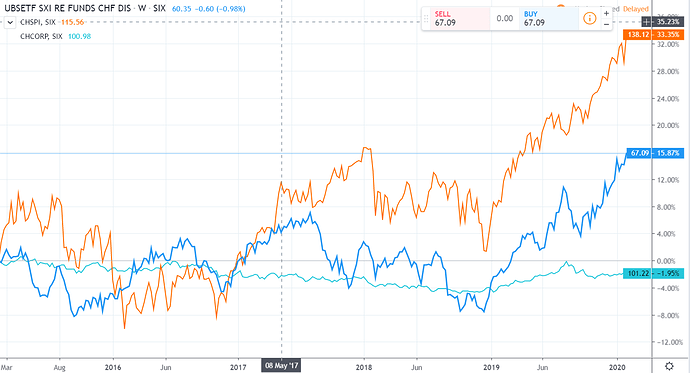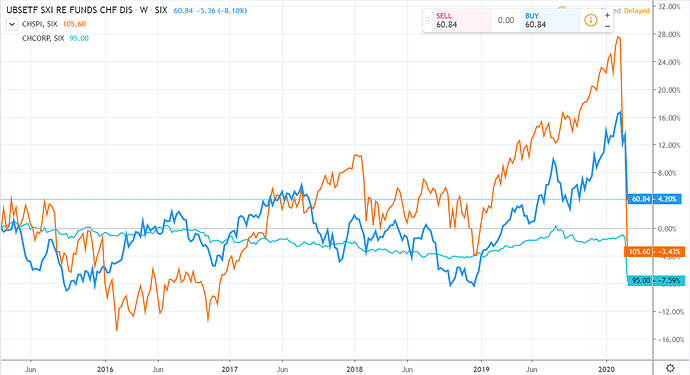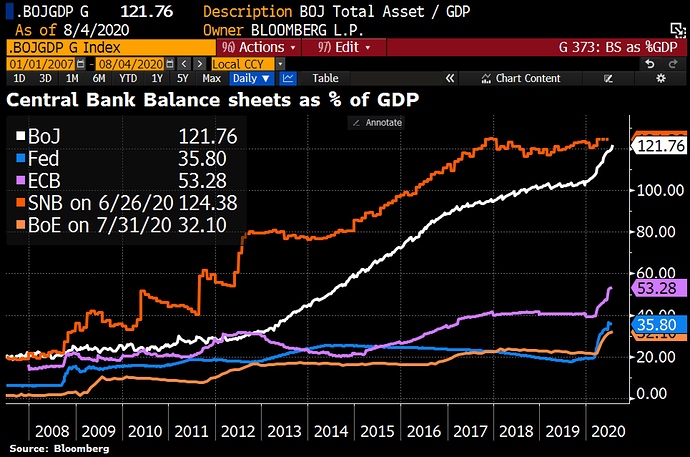Hey guys!
This is my first post and probably something you have read a thousand times!
I am 25 and just started the typical three-fund based portfolio. I was looking for an option to replace the 20-25% quota that is “classically” invested in bonds ETFs (negative yields, etc… you know it better than me).
My idea was to keep 10% of my net worth in cash (0.5% interest rate in my bank account) and to invest 10% in some smart bond ETF.
I would obviously exclude Swiss bonds (negative). I’d exclude corporate bonds funds (equities are better in that case) and I have very mixed feelings about european government bonds (although slightly positive my money would be waaay safer in cash form).
Here come the questions:
- Should I get global bonds ETFs? (if yes, do you have recommendations?)
- Should I get US government bonds ETFs? (such as IE00B1FZS798 that I could buy for free on Degiro?)
- Do you have any better recommendation?
I am really not an expert on bonds ETFs so I have a hard time screening them and understanding their potential!
Sorry if the questions are boring, I struggled a bit to find relevant and up to date information for a Swiss investor having access to Degiro and I really appreciate this forum so I’d be happy to get your point of view.





 …
…